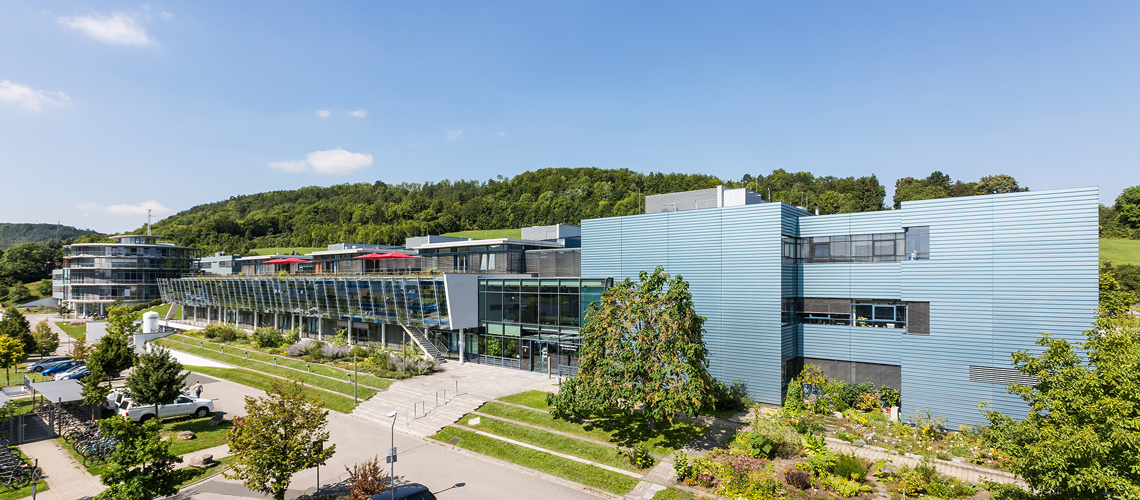Job Code: MFT20230630Job Offer from August 11, 2023
The Minerva Fast Track Group Migration, Identity and Blackness in Europe situated at the Max Planck Institute for the Study of Religious and Ethnic Diversity is inviting applications for the position of Doctoral Research Fellow (m/f/d) with the Research Group “Migration, Identity and Blackness in Europe” (full-time for three years with a starting date of 1 October or earlier).
The Max Planck Institute for the Study of Religious and Ethnic Diversity located in Göttingen is dedicated to the multidisciplinary study of diversity in historical and modern societies, especially with regards to ethnic, religious, political, and legal processes and dynamics. The newly established research group Migration, Identity and Blackness in Europe is presently situated at the Department of Sociocultural Diversity at the Max Planck Institute for the Study of Religious and Ethnic Diversity. The research group is headed by Dr. Johanna Lukate and takes an interdisciplinary approach to studying Blackness, racialisation, and processes of identity (trans)formation in the context of migration.
The position
The successful doctoral fellow will be joining the research group to carry out a computational social science research project to understand how social representations of and public discourses about African migrants in Germany have changed over time. The project seeks to answer questions such as: (1) Whether and how the socio-cultural diversity and heterogeneity of African migrants is represented in public discourses in Germany? And (2) how does the multifacetedness of Blackness intersect with processes of migration and identity formation in Europe? The research fellow will work on these and related questions within the research group. In driving forward this project, the fellow will be responsible for the acquisition of data, data cleaning, data management, data analysis and data visualisation, while closely working with an interdisciplinary research team and collaborators. The doctoral fellow will also take on an active role in the organization of international seminars and the publication of research in key academic venues as well as for wider audiences.
In the first two years, the fellowship will be based at the Max Planck Institute for the Study of Religious and Ethnic Diversity in Göttingen; the third year will be at the Max Planck Institute for Human Development in Berlin.
Your profile
The best applicants have a strong interest in applying social research methods to studying social issues, and in particular identity, migration, and racialisation. Applicants should have relevant experience in conducting surveys and experiments and in analysing large datasets using computational methods; advanced knowledge of R or Python is an advantage. Applicants must hold a Master’s degree (M.A., MPhil, MSc or equivalent) in psychology, sociology or a related discipline.
NOTE: The Max Planck Institute does not award PhD degrees. Doctoral fellows must independently enrol in universities and PhD programmes. MPI offers doctoral fellows a salary and research support costs, but not university fees.
Very good spoken and written English and good knowledge of German are required. The working language at the Institute is English and regular presence at the Institute is required.
Our offer
The contract will be for a full-time position and for a period of three years. This is a fully-funded, full time research position (39 hours / week) with no teaching obligations. Salary is based on the German collective agreement for civil servants (TVöD Bund), level E 13 / 65%. The starting date should be 1 October 2023.
The Max Planck Society is mainly funded by German Federal and State Governments. Max Planck Institutes provide outstanding facilities, academic resources and intellectual environments for the support of independent research. Max Planck Institutes are not tied to universities. There are no teaching obligations for staff, but teaching and other forms of co-operation with universities is possible.
The Max Planck Society wishes to increase the participation of women across the sciences. Applications from women are therefore particularly welcome, as are applications from people of diverse gender or sexual orientations. Following its commitment to equal opportunities employment policies, the Max Planck Society especially encourages applications from persons with a disability. Persons of any nationality can apply.
Your application
Applications must be emailed to application_minerva@mmg.mpg.de no later than Tuesday 5th September 2023. Applications should be submitted in a single combined PDF file and include:
- a cover letter outlining your interest in the doctoral research fellowship,
- a CV without a photo,
- copies of your Academic Transcripts of Records,
- a writing sample of no more than 10,000 words such as an academic article or a chapter from your Master’s thesis,
- the names and contact details of two referees who we may contact (reference letters will not be accepted at this stage)
Applicants should provide a link to a public repository (e.g. GitHub) which includes your contributions as part of the application, or be ready to complete a coding assessment as part of the later stages of the selection process.
Interviews are planned for the beginning of August mainly in person at the Max Planck Institute for the Study of Religious and Ethnic Diversity in Göttingen. Remote interviews may be arranged for candidates residing outside of Germany.
Informal queries may be directed to Dr. Johanna Lukate (lukate@mmg.mpg.de).
